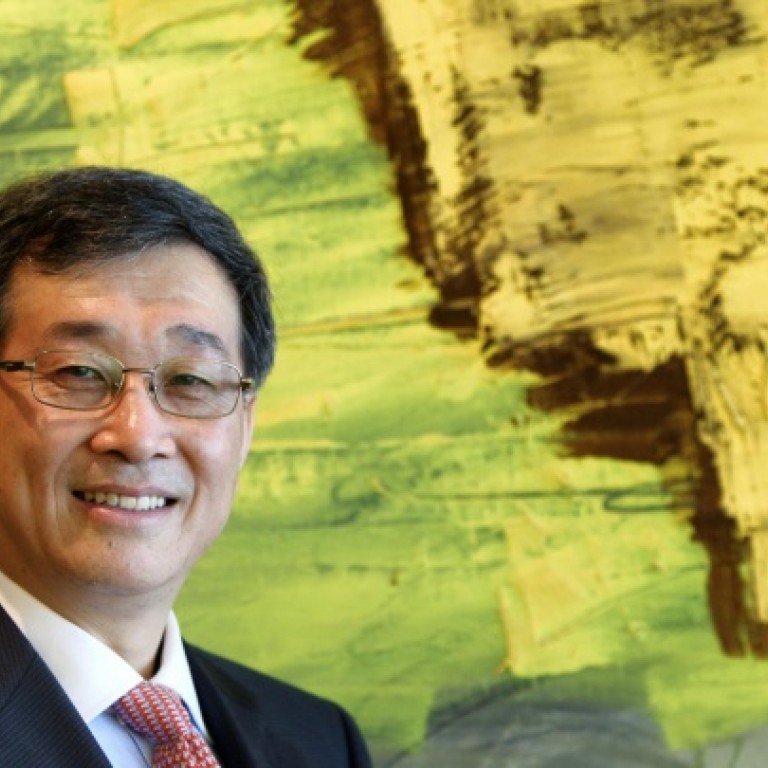
UBS China pins hopes on China bond market, derivatives
Swiss bank reckons corporate bond market on the mainland is small compared with equity issuance, with many firms relying on bank loans
UBS says it will step up efforts at its mainland securities brokerage business, after earnings fell to a four-year low.
UBS Securities, a joint venture managed by the Swiss banking group, reported last month its net earnings shrank by more than 90 per cent to 11.3 million yuan (HK$14.3 million) over the four-year period to last year.
Fellow investors in the firm, which began operations in 2007 after UBS took a stake in failed Chinese brokerage Beijing Securities, include China Jianyin Investment, State Development & Investment Corp, China Oil & Foodstuffs and International Finance Corp.
Global investment banks are keen to tap China's fledgling capital market, as the mainland government has encouraged them to take large state-owned enterprises public - a way to improve efficiency and profitability and shift towards a more commercially oriented system.
David Li, the UBS chairman and country head for China, said the development of the corporate bond market on the mainland was important for the domestic capital market, which is undergoing a transition to a direct financing model and reducing its reliance on equity issuance and bank loans.
Li said the size of bond issuance on the mainland was a small fraction of equity issuance, probably because the infrastructure required, such as credit derivatives and credit ratings, lagged the development of equity markets. "The entire financing channel has been skewed towards banks. But the next wave of reform in financial markets will swiftly move to the bond market, followed by futures market," he said.
Li said the expansion of the bond market would create business for currency swaps, collateralised loan obligations, and credit default swaps, since investors might want such products to hedge the risks associated with interest rates, default and duration.
In response to fewer equity offerings, UBS Securities deployed more bankers and capital to its operations, even as domestic listings had virtually shut down since October last year amid concern about listing procedures and the quality of listing candidates.
Li's remarks came as a number of large state-owned enterprises, including China National Petroleum Corp, raised capital with offshore bond issues.
Currently, China's bond market represents about 30 per cent of total borrowings in the country, compared with 70 per cent in the United States.
That suggests most borrowers are overly reliant on bank loans, which some officials and analysts see as dangerous for the economy.
The bulk of Chinese savings are deposited in state-owned banks, which make most of their loans to large state-owned enterprises.
Alert to the challenges, Yi Gang, a deputy governor of the People's Bank of China, has said that China Railways Corp, the new railway operator spun off from the dissolved Ministry of Railways, must respond to public concern by properly managing its debt, which totalled 2.66 trillion yuan as of September.
Separately, China's sovereign credit rating was downgraded by Fitch Ratings last month, the first time since 1999.
Fitch estimated that total credit in China might have reached 200 per cent of gross domestic product at the end of last year, up from 125 per cent in 2008. The agency also warned of the risks associated with shadow banking.

